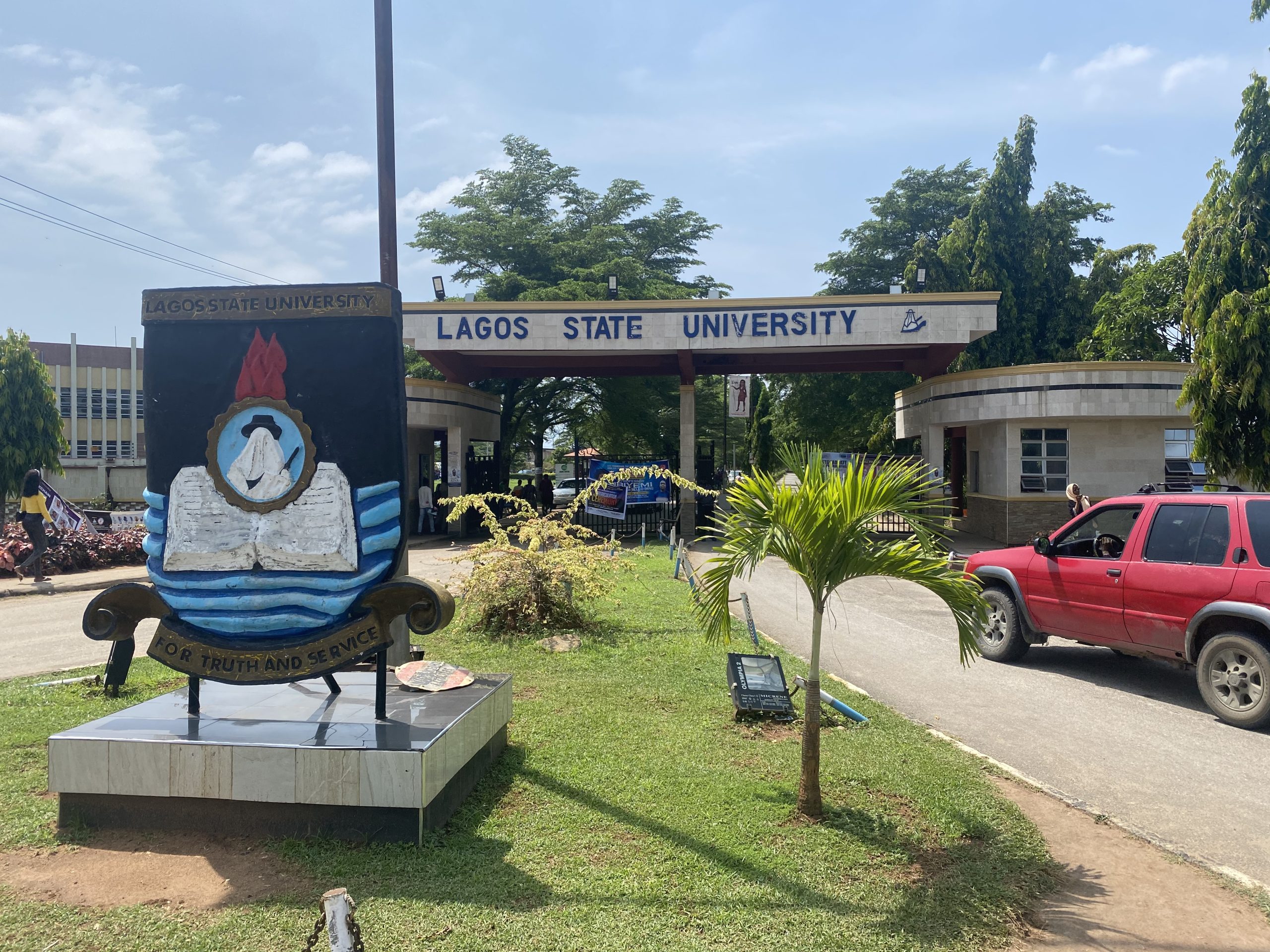ECOWAS allocates $380 million to provide electricity to schools, health centres in West Africa


The Economic Community of West African States Commission has announced intentions to invest $380 million in electrifying public schools and health facilities in 18 countries, including Nigeria, Benin, Chad, and others in West Africa and the Sahel region.
The project attempts to alleviate the region’s chronic lack of electricity access, which affects more than 208 million people, particularly in rural areas.
Elhadji Sylla, Senior Adviser on the Regional Off-Grid Electricity Access Project at the ECOWAS Commission, described the program’s goals during a stakeholder forum iin Abuja on Thursday. The World Bank, the Clean Technology Fund, and the Dutch government are funding the initiative.
Sylla clarified that the project seeks to increase electricity access in rural areas by focusing on off-grid solutions for essential public services.
“The cost of the project is $ 380 million, and we want to promote a new innovative chain to electrify public institutions. Our target is to electrify schools and health centres to improve service delivery.
“We are piloting the project in Nigeria and the Benin Republic. The project covers 15 countries in the ECOWAS region and four countries in the Sahel region,” Sylla said.
“We are targeting schools and health centres to improve service delivery,” Sylla said, adding that the initiative is expected to be completed in five years across all participating nations, with the trial phase in Nigeria and Benin to be completed in 18 months.
In Nigeria, the program will start with electricity projects in selected schools and health centres in the Federal Capital Territory, Niger, and Nasarawa states.
Adebayo Adelabu, Nigeria’s Minister of Power, stated that grants and subsidies have considerably helped the country’s rural electrification efforts.
Adelabu, represented by Engr. Bem Ayangeaor expressed confidence that public support will encourage private sector investment in the area.
“I have no doubt that the rural electrification space in Nigeria, thanks to grants and subsidies, has grown significantly and will soon reach a stage where public support leverages private sector financing at higher efficiencies than it is presently done.
“A stage where the private sector would be more excited in investing in the electrification space because of the benefits to be gained,” Adelabu said.
The Director of Technology and Science Education at the Federal Ministry of Education, Muyibat Olodo, stressed the importance of electricity for modern education, particularly for institutions focused on science and technology.
“Access to power is not a luxury in Nigeria and especially in our public institutions. There is a need for uninterrupted power supply in our schools especially those in the science and technology field.
“With proper implementation, our public institutions in the FCT, Niger, and Nasarawa states will become models of energy resilience, self-sufficiency, and sustainability,” she stated.








